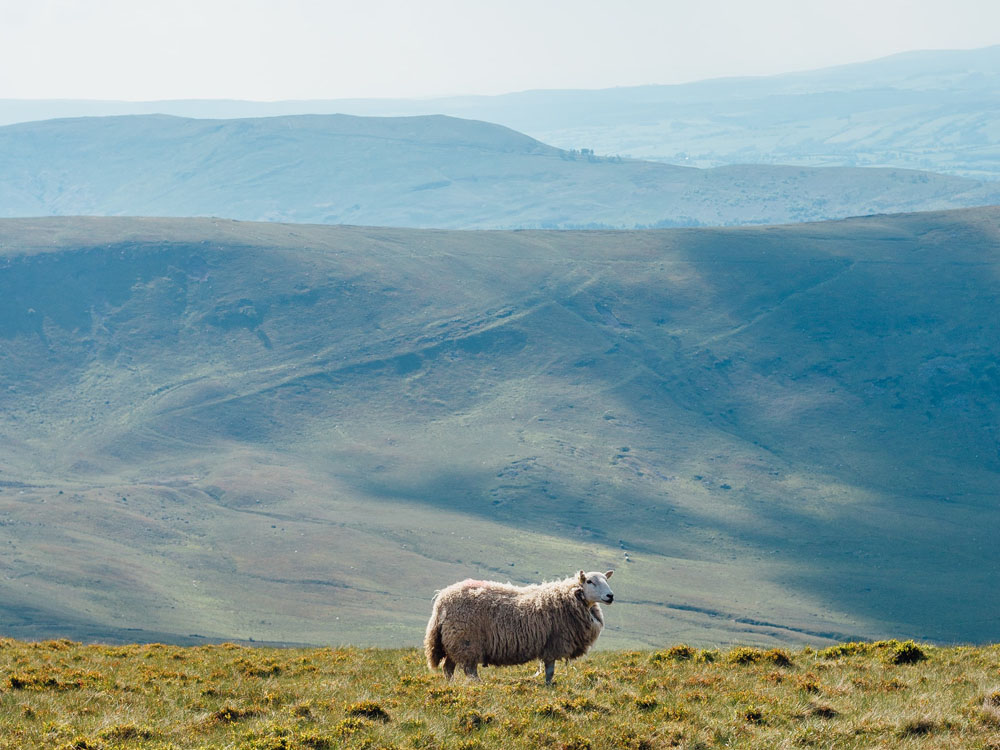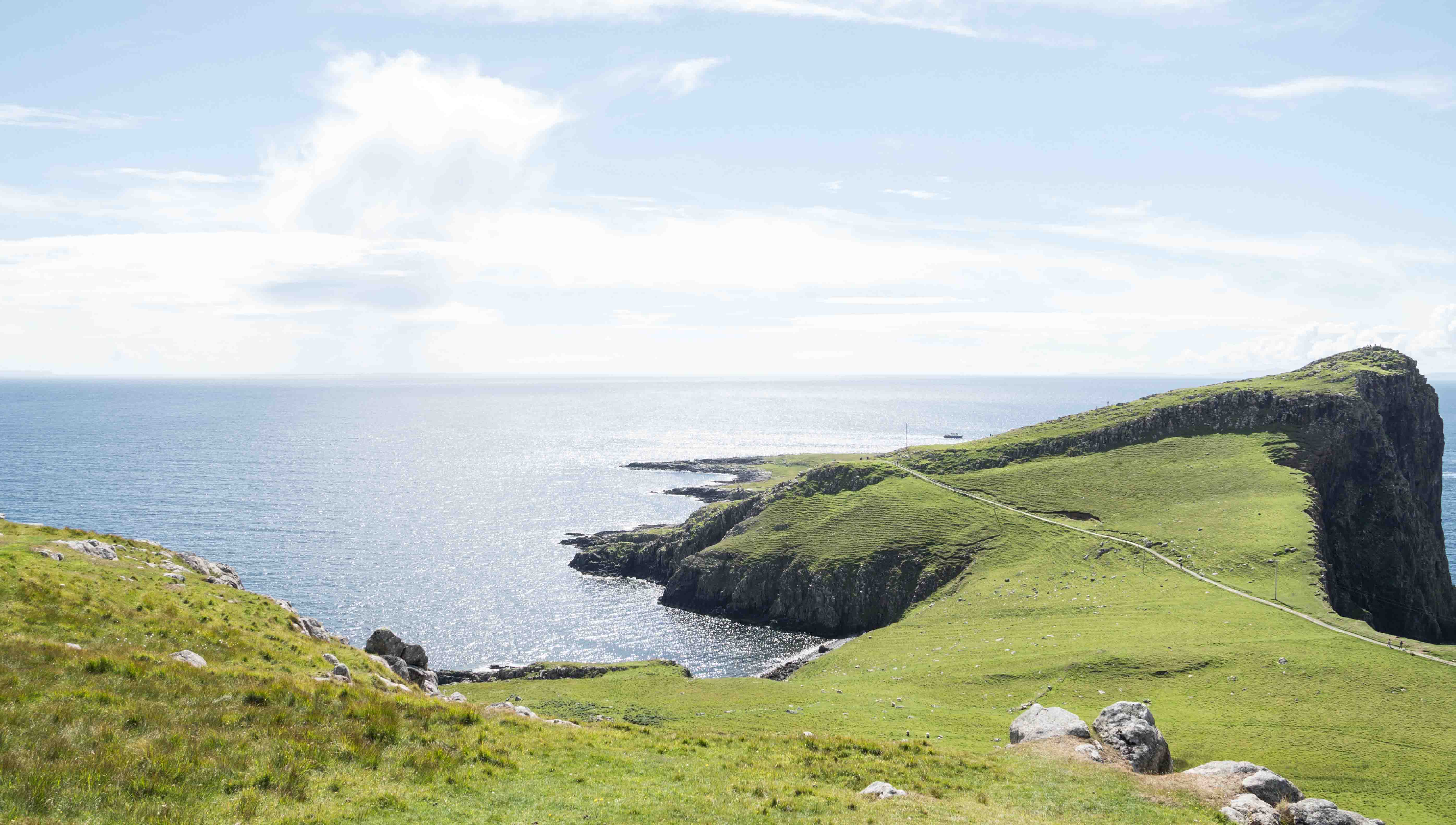The Knight Frank Rural Property and Business Update – 23 November
Our weekly dose of news, views and insight from the world of farming, food and landownership
6 minutes to read
And still the politicians can’t agree on a post-Brexit trade deal. Commodity markets, however, seem remarkably calm with grain and livestock prices heading in the right direction. But some would argue that the impact of Brexit will be inconsequential compared to climate change anyway. Read my interview with the controversial economist Dieter Helm to see if you agree.
Please do get in touch with me or my colleagues mentioned below if you’d like to discuss any of the issues covered. We’d love to hear from you
Andrew Shirley, Head of Rural Research
In this week’s update:
• Commodity markets – livestock prices hold firm despite lockdown
• Trade and Brexit – Defra minister incurs ire of industry
• Agricultural support – The devolved approach
• Covid-19 – Employment support and business update
• Development land – values tick up after Covid hiatus
• Climate change – Read my interview with Dieter Helm
• Overseas news – Covid Christmas cabbage catastrophe
Commodity markets – livestock prices hold firm despite lockdown
Oil seed rape prices, on a roll following a jump in global soya demand, were further supported by the reopening of the Erith oilseed crushing plant in Kent that had been shut following a fire in June. Interestingly, prices for all three red-meat sectors seem to be holding up despite the closure of restaurants and pubs during the latest Covid-19 lockdown.

Trade and Brexit – Defra minister incurs ire of industry
Deadlines come and ultimatums go, but still the EU and UK keep on negotiating the terms of a free trade agreement that, if agreed, will kick in once the Brexit transition period ends on 31 December.
As I’ve said before I think a deal will be done, although give the tight timescales for ratification it may not be that comprehensive. A case of Covid-19 in the EU’s negotiating team has added to the pressure by scotching further face-to-face meetings.
Such a drawn out process inevitably provides ministers who have little of real substance to share with media persecutors plenty of opportunities to get their messaging wrong.
If Defra minister George Eustice wanted to reassure farmers that even a no-deal Brexit would be manageable, his comments on TV last week suggesting those affected by a drop in lamb prices should rear more beef, or that dairy processor Arla would switch production of some of its popular made-in-Denmark-with-Danish-milk Lurpak spread to the UK, was probably not the most convincing way to go about it.
Brexit brings many potential opportunities, including those arising from import substitution, but ministers should know they won’t kick in fast enough to help farmers cope with the short-term issues that will arise, especially if I’m wrong there is no deal.
For advice on how to prepare your farming business for the post-Brexit future please contact our head of Agri-Business Consultancy Tom Heathcote
Agricultural support – The devolved approach
While Defra is phasing out the Basic Payment Scheme (BPS) model of farm support from next year Wales plans to continue paying its farmers along the lines of the existing system for a bit longer.

Photo by Dmitrij Paskevic on Unsplash
However, it plans to make the system simpler than the current EU BPS scheme and has recently completed its Simplifying Agricultural Support Consultation. Recommendations include making cross-border claims easier, fewer inspections and scrapping the “three-crop” greening rule.
Meanwhile in Scotland, the £65m Less-Favoured-Area Support Scheme could be paid for another four years to upland farmers, according to the Scottish government.
Read the AHDB guide to post-Brexit agricultural policy in Wales
For advice on Welsh land management issues please get in touch with Edward Holloway of our Rural Asset Management team
Covid-19 – Employment support and business update
Just in case you’re wondering what the latest lockdown restrictions means for rural businesses and what support the government is providing, my colleague Georgie Veale in our Rural Asset Management team has updated her handy Covid-19 guide.
I have a feeling Georgie may be revising it a few more times over the coming months. If you need more guidance please drop her an email.
Development land – values tick up after Covid hiatus
The latest instalment of the Knight Frank Development Land Index shows that average land values rose in Q3 2020 after two quarters of negative growth.
Average greenfield values were up 0.3%, but still down almost 7% over the past 12 months. Prime central London sites saw the strongest recovery rising 4.7% on the quarter, with urban brownfield showing growth of 3.8%.
These results may seem contrary to the town-to-country flight narrative that has been pervasive since the onset of Covid-19, but supply and demand is always tighter in London and development tends to be a long-term play reflecting changes in planning policy as well as social demographics.
Download the full index for more insight and data

Photo by Martin Zangerl on Unsplash
Climate change – Read my interview with Dieter Helm
Flicking through Farmers Weekly my eyes landed on the regular opinion piece from the magazine’s veteran columnist David Richardson. In the latest edition he lambasts the power of so-called influencers who seem to have the government’s ear, but don’t always understand the realities of agriculture.
As well as love-‘em-or-loathe-’em figures like environmental campaigner Chris Packham, the economist Dieter Helm drew David’s ire. During lockdown he’d read Professor Helm’s book Green & Pleasant Land – A blueprint for rescuing the British Countryside and wasn’t impressed by some of his views on agriculture.
Since then, the professor, who chairs the government’s Natural Capital Committee and reputedly has the ear of Defra policymakers, has recently published another tome: Net Zero – How we stop causing climate change. Again, I’m not sure David would approve of some of the conclusions.
I actually interviewed professor Helm about the as-then-unpublished book during lockdown 1.0 so you can judge for yourselves whether he’s on the right track or doing down the value of farming.
Read my interview with Dieter Helm
Overseas news – Covid Christmas cabbage catastrophe
Until recently Sweden had been lauded over its approach to Covid-19 with schools remaining open throughout the pandemic and no full-scale lockdown implemented. However, things have taken a turn for the worse of late with infection rates climbing and citizens struggling to find PPE or get tested.
In response, the government has tightened up its guidelines on social distancing and public gatherings. One casualty has been the traditional Christmas buffet known as Jul bord – literally Christmas table – served by most restaurants over the festive period.
The ban has hit Sweden’s cabbage farmers hard – sliced white cabbage is one of the dishes always included in the buffet – with one producer claiming hundreds of tonnes of his brassicas would be left to rot in the field as demand had slumped. Consumers are being urged to think of new cabbage dishes to bolster demand.